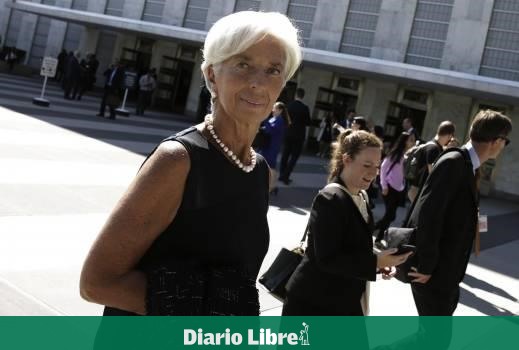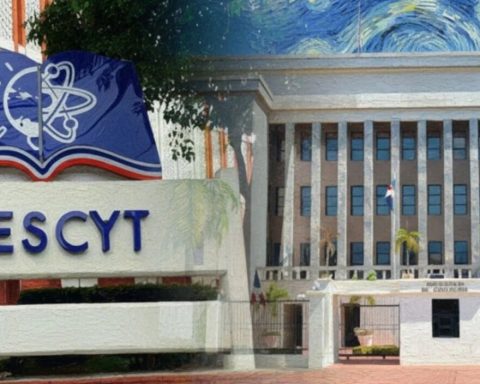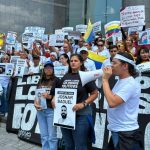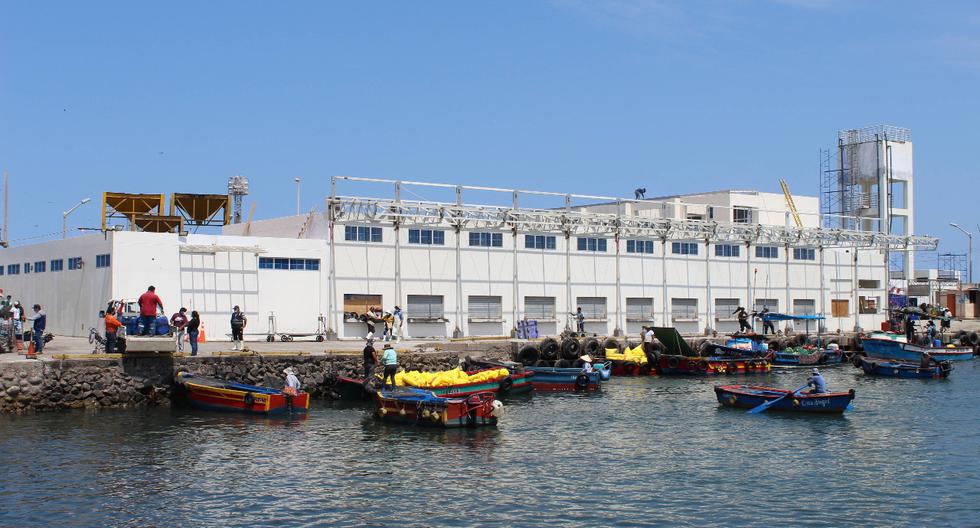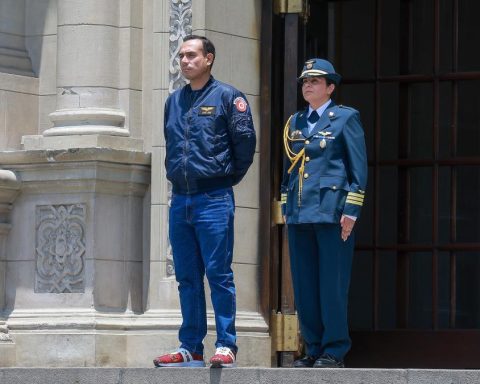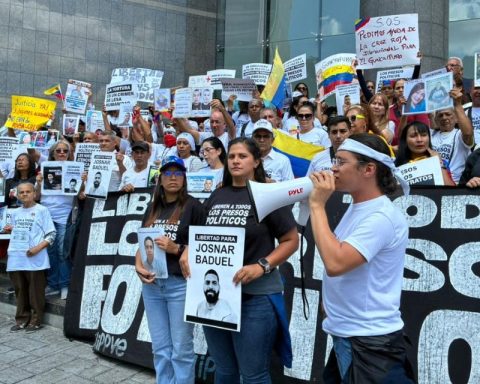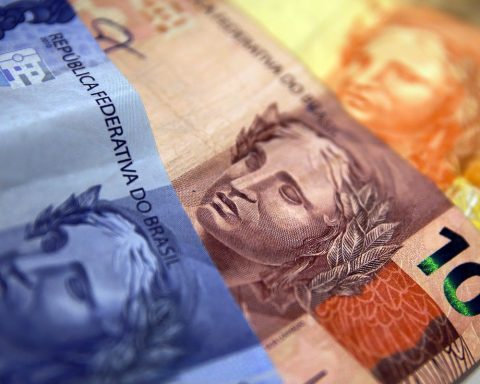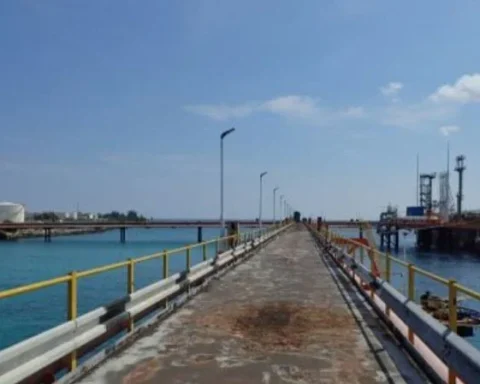The president of European Central Bank (ECB), Christine Lagardedoes not foresee a scenario of stagflation (inflation with economic stagnation), but recognizes that in the short term the rise in energy prices and the necessary acceleration of the energy transition will cause a rise in prices.
“We do not currently see elements of stagflation” in the euro zone, French Lagarde said on Monday in a speech at the Montaigne Institute in Paris.
He insisted on the idea that, taking into account the recovery that had begun after the covid crisis, “we do not see a stagflation of the economy on the horizon of 2022, or 2023, or 2024.”
Thus, he was responding to a question about the risk that the escalation of energy and raw materials, together with disturbances in the supply channels as a result of the Russian invasion of Ukraine, could cause an economic paralysis precisely when it came out of two years of pandemic.
The ECB revised down its growth forecasts for the euro zone on March 10 to leave them at 3.7% in 2022, compared to 4.2% in its December projections. At the same time, he raised his inflation estimates to 5.1%, instead of 3.2%.
Lagarde, on the other hand, advanced that the monetary policies of the ECB are going to differ from those of the Federal Reserve of the United States, since the macroeconomic situation is not the same on both sides of the Atlantic, nor are the consequences the same. of the war in Ukraine.
“Our economies – he explained – were at a different moment in the economic cycle even before the war in Ukraine”. Furthermore, “for geographical reasons, Europe is much more exposed than the United States.”
An allusion to the greater dependence of the EU, especially on imports of fossil fuels (oil, gas and coal) from Russia and its higher level of trade with that country and with Ukraine.
In practice, he said that will mean that “our monetary policies will not work at exactly the same pace.”
He anticipated that, due to its high degree of energy dependence on Russia, Europe will have to speed up its energy transition and this will have short-term inflationary consequences.
The President of the ECB also warned that the Ukraine crisis will probably have an impact on companies and individuals, with the development of precautionary savings as occurred during the coronavirus lockdowns.
He noted that since the beginning of the war the situation is “uncertain” regarding certain raw materials such as energy, wheat or potash.
